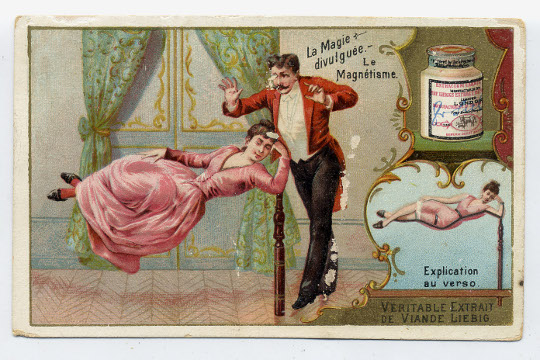 © National Fairground Archive, University of Sheffield
© National Fairground Archive, University of Sheffield
The Archives Hub has been writing/having collections of the month or features since 2001. In that time we’ve had a large variety of features on everything from ornithology to poetry to the Miners’ Strike and even Rugby League.
Our features highlight what treasures there are to be found in archive collections that are on the Hub. Sometimes the feature can be on a specific topic or theme collecting resources together from different repositories or they can highlight a specific repository.
This year we have changed the format of our features to include print resources from our sister service, Copac and there are now links from the Copac home page to the feature.
All of our web pages include Google analytics and we can see that our features are popular. Our feature pages have been viewed by nearly 9000 people since 1 January 2011 and most viewed feature this year has been our feature: Scrum, ruck and tackle: the Rugby Football League Archive at the University of Huddersfield. Having your collections featured on the Hub also increases the amount of traffic you’ll get to your descriptions through Google.
Although the Hub team has been known to write a feature or two, we much prefer it if our contributors write the features, after all, they are the experts on their collections. This year has been a bumper year for features, with features from the University of Huddersfield, Imperial War Museum, the Women’s Library and the National Fairground Archive to name but a few. We have features scheduled now for the rest of 2011 and even have a couple of months booked up in 2012.
We like to be as flexible as possible when it comes to our features and offer to help as much or as little as the contributor wants. As a contributor, you can simply write the text of the feature and provide images, or you can suggest related collections, websites and reading lists as well. It’s entirely up to you.
Should you wish to feature on the Archives Hub, please contact archiveshub@mimas.ac.uk. We operate on a first come first served basis, so if you have an event, exhibition or project launch coming up and you would like your feature to coincide with it, let us know as early as possible.
 Huddersfield Giants’ Match © Image courtesy of the Rugby Football League and The University of Huddersfield Archive and Special Collections
Huddersfield Giants’ Match © Image courtesy of the Rugby Football League and The University of Huddersfield Archive and Special Collections





